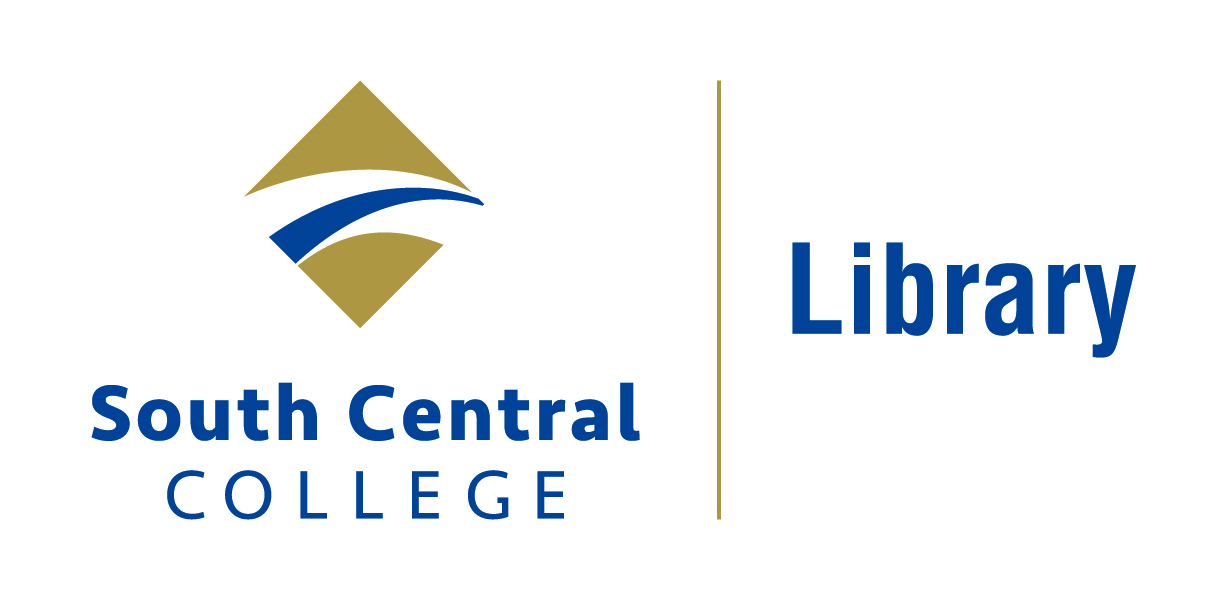1. What is Information Literacy? (ALA definition)
Information literacy is a set of abilities requiring individuals to “recognize when information is needed and have the ability to locate, evaluate, and use effectively the needed information.” (American Library Association. Presidential Committee on Information Literacy. https://www.ala.org/acrl/publications/whitepapers/presidential)
To be information literate, then, one needs skills not only in research but in critical thinking.
- Information Literacy – Welcome to ALA's Literacy Clearinghouse
2. What is Information Literacy? (UNESCO definition)
"Information Literacy empowers people in all walks of life to seek, evaluate, use and create information effectively to achieve their personal, social, occupational and educational goal.
Information literacy and lifelong learning have been described as the beacons of the information society, illuminating the courses to development, prosperity and freedom.
Information literacy empowers people in all walks of life to seek, evaluate, use and create information effectively to achieve their personal, social, occupational and educational goals. Information-literate people are able to access information about their health, their environment, their education and work, and to make critical decisions about their lives.
In a digital world, information literacy requires users to have the skills to use information and communication technologies and their applications to access and create information. Closely linked are two other related literacies: computer literacy (ICT skills) and media literacy (understanding of various kinds of mediums and formats by which information is transmitted). For example, the ability to navigate in cyberspace and negotiate hypertext multimedia documents requires both the technical skills to use the Internet and the literacy skills to interpret the information.
IFAP (Information For All Programme) is promoting actions aimed at raising awareness of the importance of information literacy and supporting projects that build the literacy skills of users."
Source: UNESCO Information for All Programme (IFAP)
https://www.unesco.org/en/ifap?hub=722
https://www.unesco.org/en/ifap/information-literacy
3. What is Open Access?

Open access (OA) refers to freely available, digital, online information. Open access scholarly literature is free of charge and often carries less restrictive copyright and licensing barriers than traditionally published works, for both the users and the authors.
While OA is a newer form of scholarly publishing, many OA journals comply with well-established peer-review processes and maintain high publishing standards. For more information, see Peter Suber's overview of Open Access.
This information was sourced from Cornell University's Open Access Publishing guide (https://guides.library.cornell.edu/openaccess), which provides excellent guidance on open access scholarly publishing.
See also SPARC (sparcopen.org), an advocacy orgadvocacy organization that supports open systems for research and education that enable everyone, everywhere to access, contribute to, and benefit from the knowledge that shapes our world.
